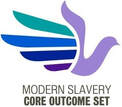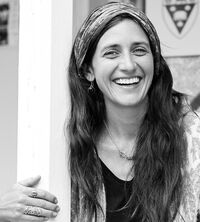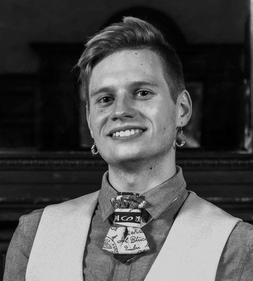Sian Oram
|
Sharli Anne Paphitis
|
Minh Dang
|
- MSCOS Home
- MSCOS Community of Practice
- MSCOS Study
-
Core Outcomes
- MSCOS: Working with core outcomes as a set
- Secure and suitable housing
- Safety from any trafficker or other abusers
- Long-term, consistent support
- Trauma-informed services
- Purpose in life and self-actualisation
- Access to medical and healthcare services
- Access to education
- Relevant frameworks for children and young people
- Corporate responsibility and finance
- Survivor Leadership: Resources
- Our Team
- Join the Community of Practice



















